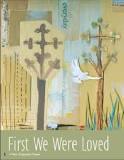Our hearts...
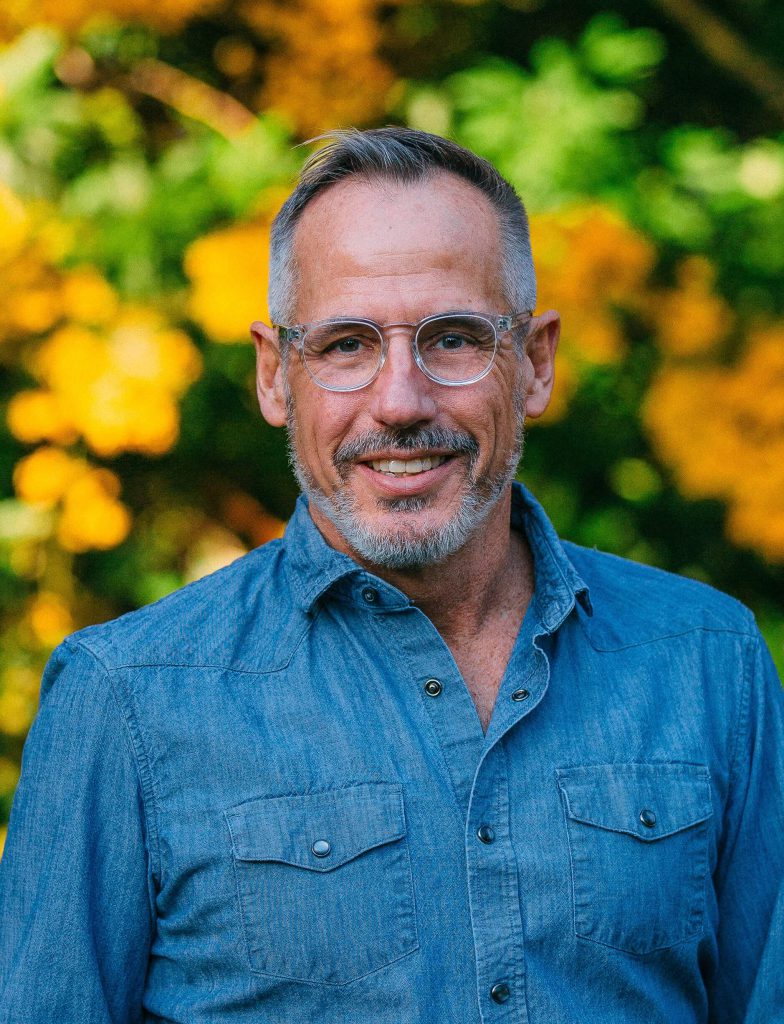
Dan Huie
I first came to spiritual direction wanting to figure out what I needed to do. As a sexual minority in church circles, I had a great deal of bible knowledge. I also had a great deal of spiritual insecurity. Something was off. I feared I would never trust the Love I had been taught so much about.
Coming to spiritual direction I found God inviting me to do less; to be as a child, to rest, to be loved. I learned that the “Good News” is actually. …well, …Good. I have a choice to live as a slave to my Lord or, simply live with My Lord as ‘friend’.
All are welcome to join me on this journey of desiring something more, something new – especially those in ministry and my fellow LGBT/SSA siblings.
I love hiking, skiing, flowers, my wife Renee, laughter, and our adult sons.
Email: Dan@soulcareseattle.com
Certificate in Spiritual Direction – Selah West – 2018
Certificate in Spiritual Direction and the Offering of the Spiritual Exercies – The Lanteri Center for Ignatian Spirituality, Denver, CO – 2021
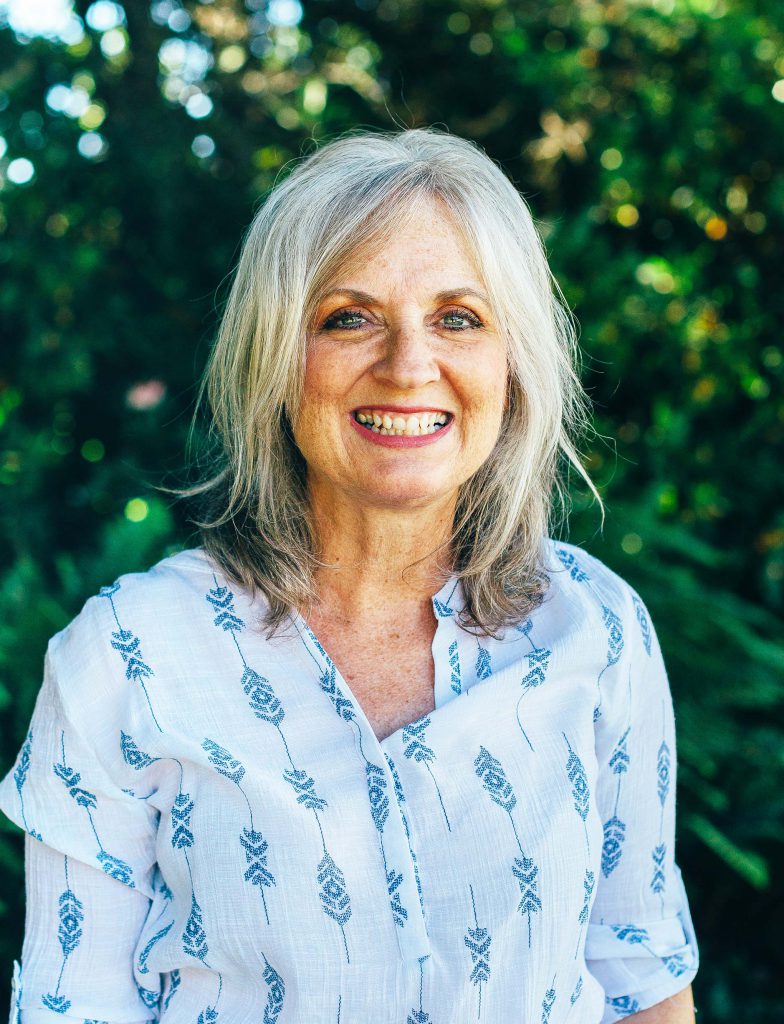
Renee Huie
For as long as I can remember, my heart’s desire has been to be with others in their spiritual journey. My own journey of suffering – both the pains and the graces that accompany it – has fueled a deep knowing of God’s unconditional love that I long to share with others.
I am a certified spiritual director, having completed two certificates – one in Contemplative Spiritual Direction through Selah (Leadership Transformations Intl) and the Lanteri Center for Ignatian Spirituality.
Prior to the founding of Soul Care Seattle at The Layne, I worked as a burn nurse at Harborview Medical Ctr, as a mom, and as HR manager for our family business. With a passion for pastoral care, I serve on the vestry for our local church community. I am passionate about developing The Layne, reading, gardening, running, and all things outdoors. Dan and I have two grown sons.
Email: Renee@soulcareseattle.com
Certificate in Spiritual Direction – Selah West – 2019
Certificate in Spiritual Direction and the Offering of the Spiritual Exercies – The Lanteri Center for Ignatian Spirituality, Denver, CO – 2021
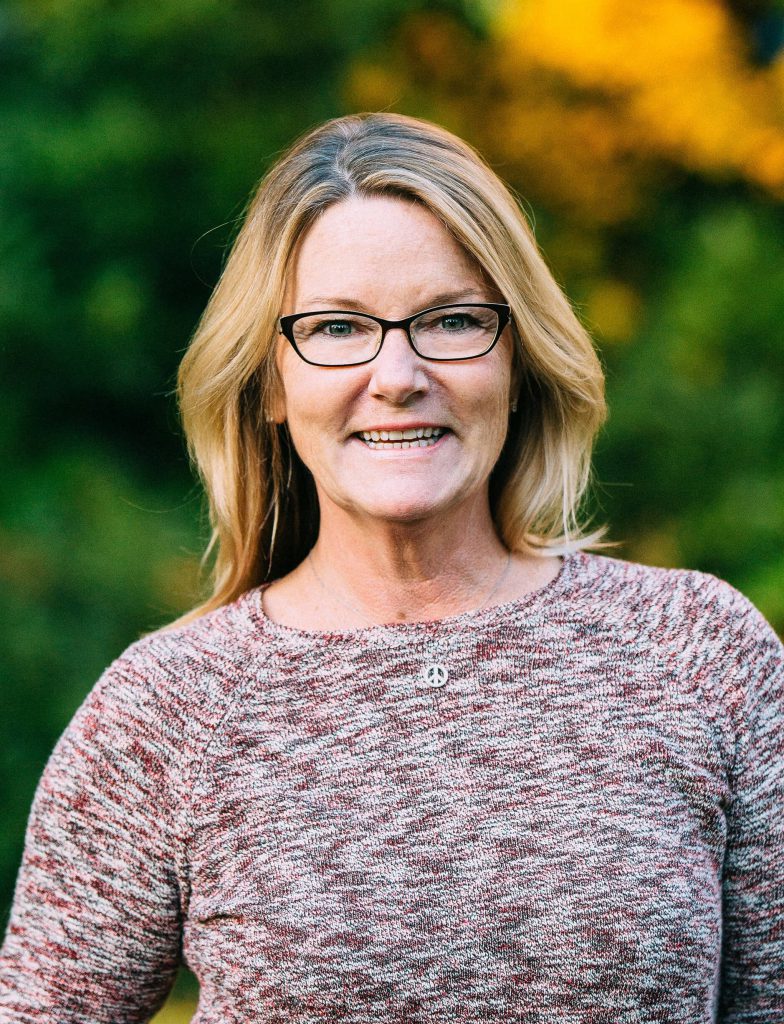
Shelly Morse
I’m a certified spiritual director with a personal story of intimate partner and family betrayal. Because of my experience, I feel uniquely able to offer a safe, nonjudgmental setting for spiritual direction with those whose story may be similar.
My keen interest in sociology reveals that I am a listener and I seek to understand. The art of spiritual direction is one of listening both to the Holy Spirit and to the individual. I believe each individual is a unique and beautiful reflection of God with a story that is continuing to unfold. It is a joy to accompany others as we listen and watch together as the spiritual journey unfolds.
I’m a native of Seattle, a UW graduate and have been married 39+ years, have 4 grown children. I enjoy spending time with my 8 grandchildren, golfing, traveling, and creating.
Email: Shelly@soulcareseattle.com
Certificate in Spiritual Direction – CFDM, Seattle, WA
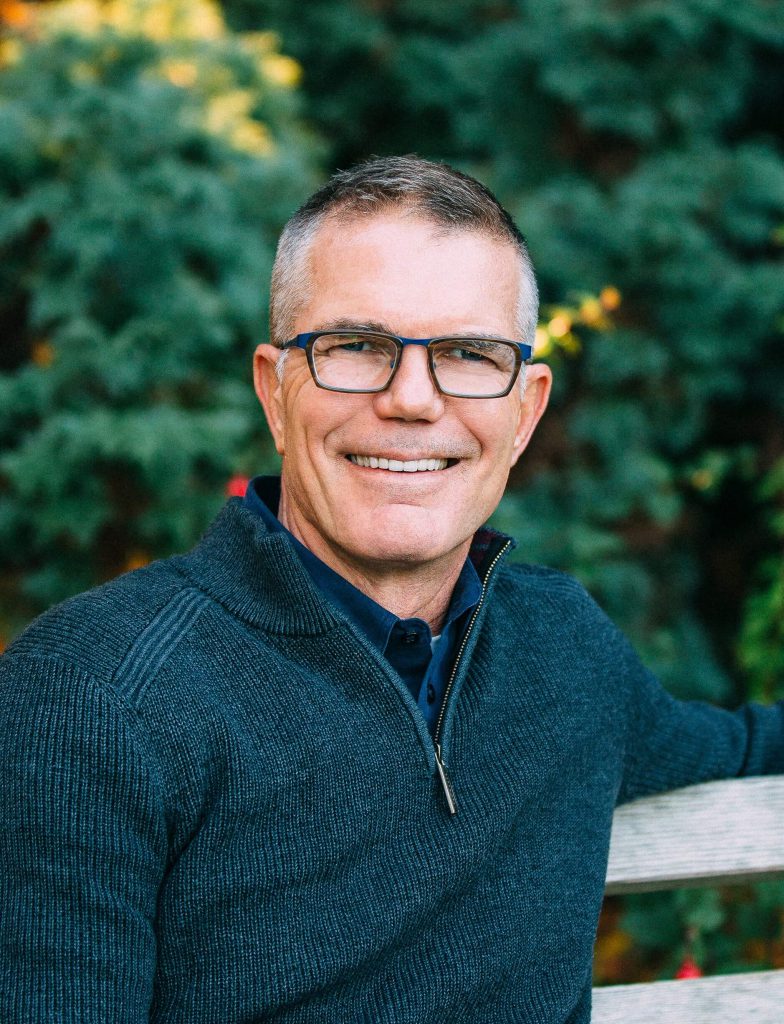
Clint Morse
Christian since childhood, I am an entrepreneur by profession. My life was dis-integrated and unmanageable. In 2016, I entered recovery and began my path of healing and 12-step recovery work; journeying alongside the most courageous men I know. Through all of this, God never has, and never will turn from me, even when I turn from him. I still haven’t found exactly what I am looking for, but I know that my only hope is in community and continued reliance on a loving God, whom I am just beginning to comprehend, and who I believe is Jesus.
Love shows up in surprising ways. Friends – atheist, agnostic, or other traditions – have taught me so much. It is a great joy to walk with others; growing in strength and love through acceptance, grace, and vulnerability in our deep secrets and struggles, all in the context of Love.
I love golf, Formula 1 racing, Seahawks, my wife, kids, and grandkids. You pick the order.
Email: Clint@soulcareseattle.com

Donna Kelley
I was introduced to spiritual direction shortly after leaving a spiritually abusive church many years ago. I completed certificates in Christian Formation I and II through CFDM Northwest (Christian Formation and Direction Ministries Northwest) and have enjoyed many years of group and individual spiritual direction as well as silent retreats, days of prayer and listening prayer groups.
These contemplative practices helped hold me together several years ago while we journeyed with our young son through some serious medical challenges. I’m beginning to understand that while God promises that we will have trouble in this world, he also promises to be with us. It is my desire to walk with others as we journey through the ups and downs of life, knowing that Emmanuel, God is with us.
Some of my greatest joys are creative writing, hiking, traveling, and spending time with my husband and our young adult daughter and teenage son, preferably on a beach.
Email: Donna@soulcareseattle.com
Resources
Soul Care Seattle’s purpose is rooted in our core values:

Trinitarian
We are Trinitarian in our beliefs. We adhere to the Nicene creed. The work we do is our response to what we believe.

Contemplative
We believe that self-knowledge is essential for knowing God. And that a path to self-knowledge is contemplation - space, silence, prayer, and spiritual practices.

Mystery
We believe there is mystery to our lives, especially our spiritual lives. Our approach reflects this belief through open minds and hearts, a generous spirit, and free and gracious interactions.

Love
We believe love is most important. And that our hearts are more important than our heads.

Hospitality
We believe that we are Invited by Love to wide open spaces. We seek to make a return of that Love by offering heart, mind, time, & home.

